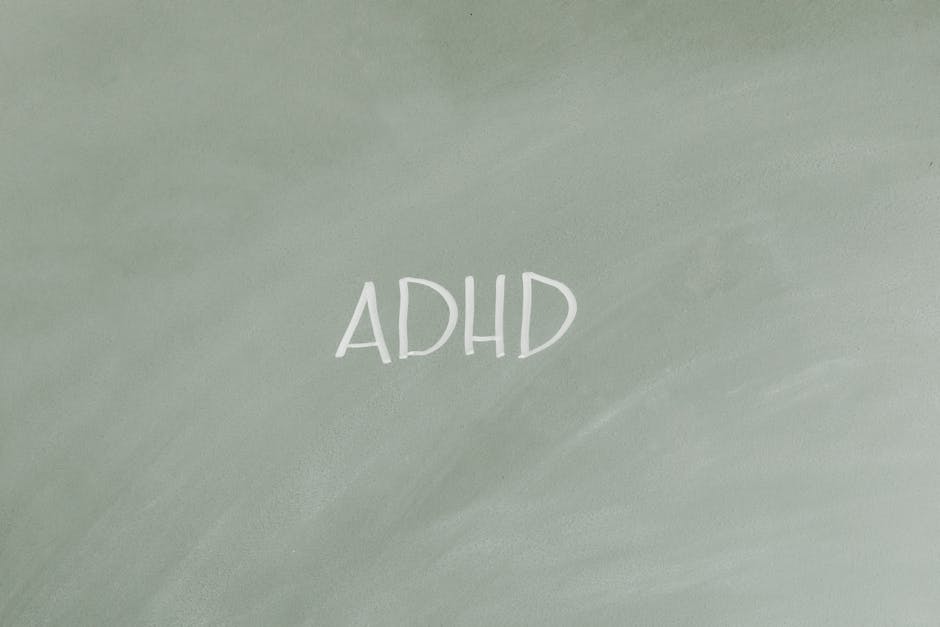Introduction
The intricate dance between mental health and addiction has garnered profound attention in recent years, thanks in part to the increasing prevalence of co-occurring disorders. Dual diagnosis, a term often heard in mental health and addiction treatment facilities, refers to the challenging interplay of mental illness and substance abuse. While dual diagnosis treatment offers a beacon of hope for many, understanding its nuances is crucial to successful recovery.
The Complex Landscape of Co-Occurring Disorders
Co-occurring disorders refer to the simultaneous presence of mental health issues and addiction behaviors. Imagine battling anxiety disorders recovery while dealing with alcohol dependency or navigating bipolar disorder and addiction – intricate, overwhelming, and often, a solitary journey for many. According to recent reports, over 9 million adults in the United States alone suffer from co-occurring disorders. The need for integrated therapy approaches is evident as these complexities rarely respond to singular treatment methodologies.
The Role of Mental Health and Addiction in Dual Diagnosis
Identifying the role of each component – mental health and addiction – is paramount. Often, one may precede or even exacerbate the other. For instance:
- Depression and Addiction: Depression can lead sufferers to use substances as a buffer from overwhelming negative emotions.
- Anxiety Disorders and Substance Abuse: Substance use might temporarily alleviate anxiety symptoms, enticing more significant dependency.
- PTSD and Substance Abuse: Trauma survivors might resort to substances to forget or numb painful memories.
Unpacking these relationships helps tailor treatment approaches to foster genuine healing and recovery.
Integrated Therapy Approach: The Heart of Treatment
Holistic mental health support, recognizing the intricate interplay between concurrent disorders, underlies the mantra of integrated therapy.
-
Simultaneous Treatment: The best approach treats both disorders as intertwined healings—neither mental illness nor addiction taking a back seat.
-
Cognitive Behavioral Therapy (CBT): CBT allows patients to dissect and reconstruct the cognitive patterns leading to addictive behaviors.
-
Medicinal Interventions: Psychiatry plays a pivotal role, especially when medications like antidepressants or mood stabilizers are necessary.
Psychiatric Care in Rehab: When and How?
Psychiatric care in rehab is not optional but an integral part of treatment for co-occurring disorders.
-
Assessment and Diagnosis: Before any therapeutic path is devised, comprehensive psychiatric evaluations can uncover underlying conditions.
-
Coordinated Care: Once diagnosed, psychiatric personnel, addiction specialists, and therapists work in unison, tailoring treatments and monitoring progress over time.
Roadblocks to Effective Dual Diagnosis Treatment
Understanding challenges can prevent derailments along the recovery pathway:
-
Stigma: Both mental health issues and addiction carry societal stigma, often discouraging individuals from seeking timely help.
-
Denial and Misdiagnosis: Dual diagnosis can be masked by denial, or worse, misdiagnosed due to overlapping symptoms.
-
Treatment Adherence: Sustaining commitment to the rigorous demands of treatment can be tough, emphasizing the importance of family and community support.
Holistic Mental Health Support: Encompassing the Whole Person
Beyond structured treatments lie practices that approach healing from a gentler angle, recognizing the interconnectedness of mental, physical, and spiritual well-being.
-
Mindfulness and Meditation: Instilling habits that ground individuals and reduce cravings.
-
Art and Music Therapy: Offering emotional release that words sometimes fail to convey.
-
Yoga and Physical Activity: Encouraging a healthy body-mind connection by fostering endorphin release and reducing stress.
Conclusion
Understanding dual diagnosis requires a balletic interplay of compassion, insight, and clinical precision. As rehabilitation evolves, acknowledging the deep-rooted partnership of mental illness and addiction shapes the future of recovery. By leveraging integrated therapy approaches and holistic mental health support, individuals seeking recovery can find genuine pathways to healing and resiliency.

